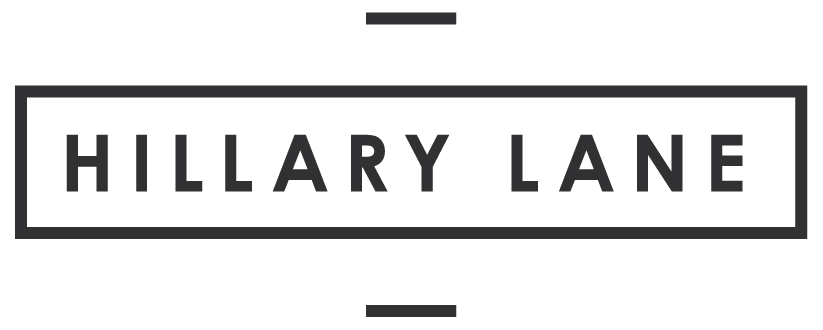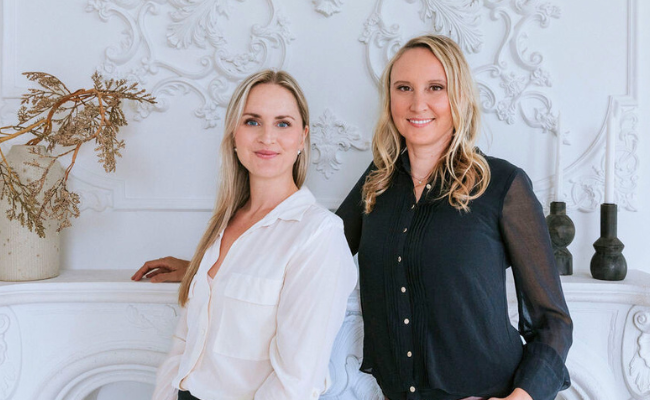Canadian entrepreneurs can face challenges when trying to qualify for a mortgage. Whether you own a business or are self-employed, many financial institutions are not as generous when it comes to mortgage approvals. However, you are entitled to a mortgage with fair rates just like any other home buyer. Here’s why it can be a challenge, with some tips from our local mortgage expert to help you come out with the best rates and terms.
Lenders, Mortgages, and the Self-Employed
While it might seem impossible to obtain a mortgage or credit as an entrepreneur, you are just as eligible as anyone else. “Being self-employed doesn’t hinder a client when pre-qualifying for a mortgage,” says Samantha Comito, Mortgage Broker and Partner at Outline Financial. “It doesn’t have an impact on their rate, term or the lender they can work with. Lenders are happy to lend to self-employed clients.” So why does it often feel you are up against the odds?
Understanding the Challenge
Your biggest hurdle is proving consistent income over the past several years. As a result, you’ll be expected to provide your personal tax Notices of Assessment from the past 2-3 years during the approval process. “Clients need to have their personal taxes filed as it is through their filings over the last two years that the lender will confirm their income,” explains Samantha. “If there was a disruption to their business activities then the lender may also look back 3 years and at their current year to date. If they are incorporated, then they may also need to provide the lender with their most recent financials.”
Organize Your Documents
To help prove you are financially dependable, and your business is sound, put together the following documents:
- Your business’ financial statements
- Your latest Notice of Assessment for GST/HST to show it is paid in full
- Signed agreements or orders for future revenue
- Proof that you are a principal owner of the business
- If you are incorporated, your Article of Incorporation showing you are licensed
In the case of your down payment you should also have proof it was not a gift.
A Lenders vs B Lenders
In Canada there are generally two types of lenders:
- A lenders: These are traditional lenders that are either chartered banks that are federally regulated or credit unions that are provincially regulated. They cater to “A” clientele who are people with reliable income and good credit scores. As a result, they require their clients to meet a stricter credit test including the government’s mortgage stress test. This test requires you to show you can afford to not just pay interest based on the current rate the lender offers, but also at either the five-year average posted rate, or two percentage points higher – whichever rate is higher. Basically you are looking at the “Big 6” banks when applying with A lenders.
- B lenders: These institutions offer options for “B” clientele, and have a lower barrier that makes it easier to qualify for their mortgages. In this case, clients tend to be those with potential financial challenges such as new arrivals to Canada or the self-employed. While this does include some banks, the majority are mortgage finance companies. It is easier to qualify for a mortgage, but your rates and terms tend to be less attractive.
So how can entrepreneurs meet the requirements of the Big 6 and other A lenders?
Improving Your Odds
“I think the biggest thing is connecting with your mortgage agent and accountant so that you can prepare yourself to buy and then filing your taxes, so you are prepared for the lender if you are trying to work with an A lender,” explains Samantha. “To put a self-employed client in the best position, having their income taxes filed and up to date is most helpful. If they are currently in the midst of filing, now is a great time to connect with a mortgage agent to assess their current situation.”
If you find the A lenders are not so accommodating, you can still do well with B lenders. “I should mention there also B lenders that are also quite accommodating to self-employed clients. They will consider income that has yet to be filed with the CRA,” says Samantha.
Self-Employed Mortgage Insurance
In Canada, mortgage loan insurance is required when you have a down payment less than 20%. Since this makes your loan higher risk, the insurance is designed to protect the mortgage lender should you default on mortgage payments. That’s why it is also often referred to as mortgage default insurance. For self-employed home buyers, even if you have a 20% down payment, you might find you are still expected to acquire mortgage insurance. However, as long as you can prove your income with your Notices of Assessment, you should be subject to the same criteria as everyone else. So if your down payment is between 5 and 19.99%, you will require mortgage insurance.
Understanding Mortgage Default Rates
If you do require mortgage insurance the rates are as follows:
Self-employed mortgages with proof of income
Here are the rates based on the allowable down payment percentages:
- 5 to 9.99%: 4%
- 10 to 14.99%: 3.10%
- 15 to 19.99%: 2.8%
Self-employed mortgages without proof of income
If you can’t provide proof of income you cannot qualify for a mortgage unless you have a minimum 10% down payment and will still have to pay for mortgage insurance for down payments 20% and over. Your insurance rates in this case are as follows:
- 10 to 14.99%: 5.45%
- 15 to 19.99%: 3.35%
- 20% and up: 1.90%
As you can see, in both cases, the lower your down payment, the higher the rate. This is an important factor when considering your mortgage payments. Be certain to discuss the total payments with your broker to ensure you have a clear grasp of your monthly payments.
Be Financially Prepared
Last but not least, as with anyone applying for a mortgage it is important to be financially prepared. Here are some tips to ramp up your savings and improve your credit score:
- Pay off as much of your outstanding debt as possible
- Only make purchases where you can afford to pay cash whenever possible
- Cancel any unnecessary credit cards
- Use an accountant or financial advisor when filing your taxes to reduce your tax burden and ensure your filings are legitimate
- Aim to have a higher down payment, ideally at least 20%
“Speaking with a mortgage agent to get a plan in place that will encompass paying down debt and saving for a down payment is a great idea. They can also determine whether paying down the debt makes sense or whether you should hold on to your cash for a down payment,” advises Samantha.
While it can be a challenge getting approval as an entrepreneur, working with a mortgage broker allows you to understand all of your options. They can provide you with sound advice and provide a range of mortgage solutions with your best interest at heart.
If you are an entrepreneur ready to buy a home in the GTA, my team can help. Along with experts like Samantha, we can make sure you find the ideal home and the best possible mortgage. For more information on how first time home buyers can qualify for a mortgage check out this blog.
Photo by krakenimages on Unsplash






